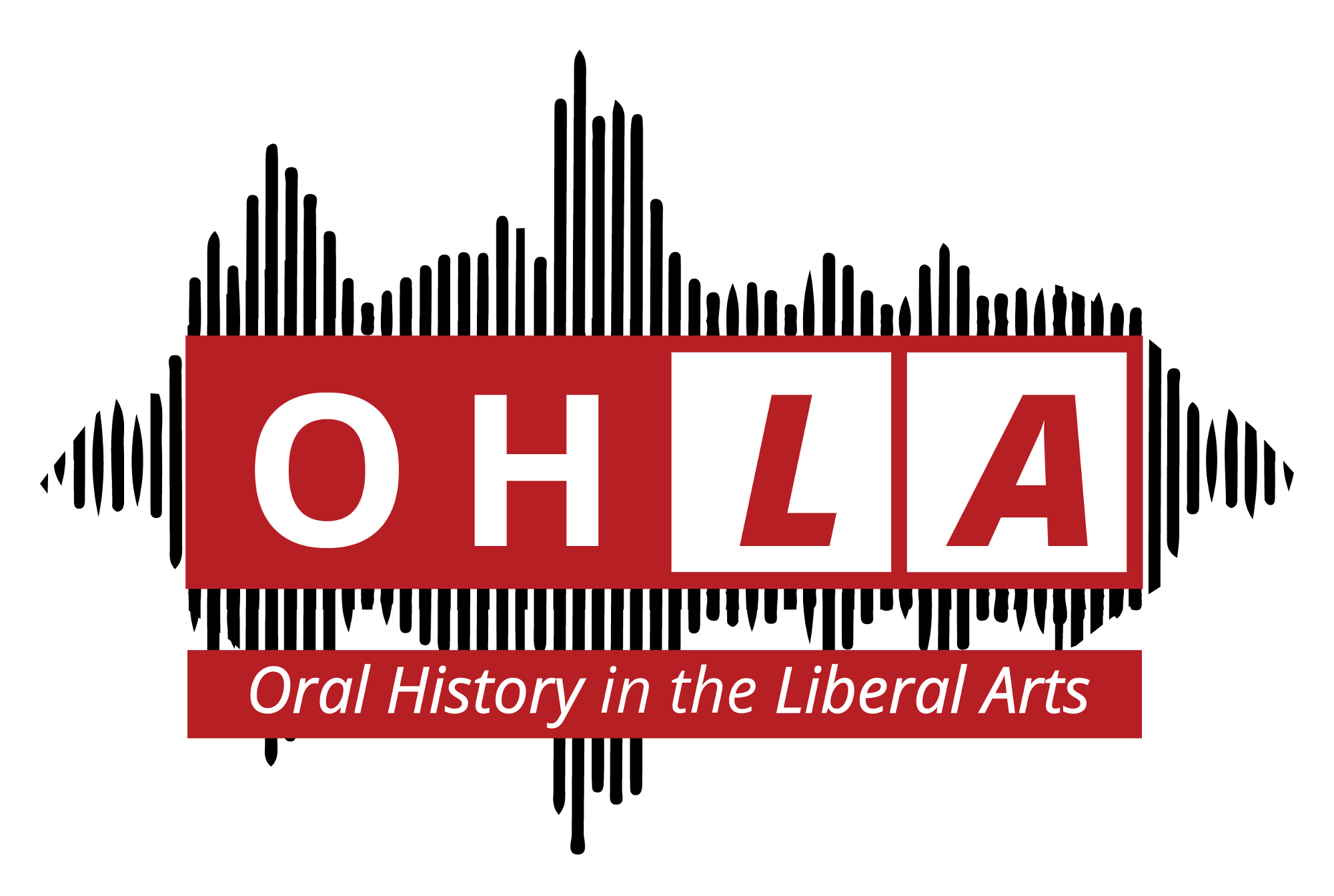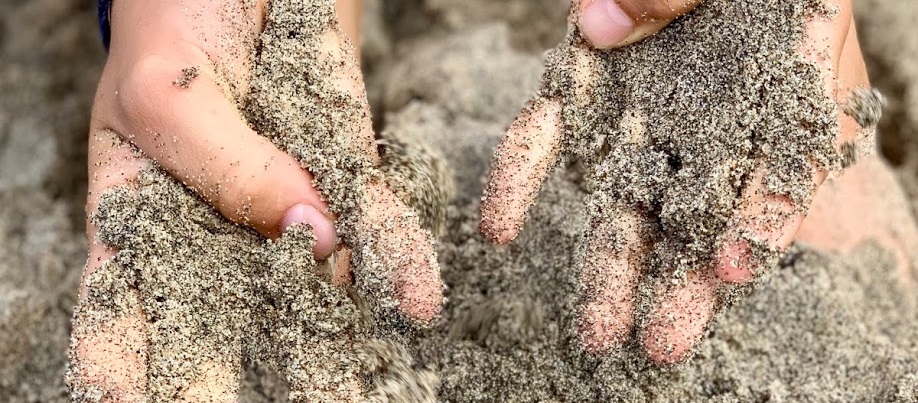“Deconstructing Stereotypes, Empowering Survivors: The Case of Amputees of the Sierra Leone Civil War”
The civil war in Sierra Leone was remarkable for the RUFs systematic campaign of bodily mutilation and amputation. Several writers, including Lansana Gberie (2005), Augustine Park (2005), Peter Pham (2006) and Ernest Cole (2014) pointed out the horrors of punitive amputation and the socio-cultural stigma associated with the disfigured body in the culture of Sierra Leone. Punitive amputation raises questions on the significance of the body in the Sierra Leone civil war. My focus on oral history research methodology warrants a semiotic investigation into the body and its cultural signification in order to tease out the connections between the body and power, and the body and the body politic. My aim is to construct a counter narrative to the conception of the disfigured body as deficiency and to create a new construct of disability and disability culture.
Rebels of the Revolutionary United Front (RUF), during the 10-year civil war in Sierra Leone (1991 – 2001), amputated the limbs of over 6000 innocent people. The amputations and subsequent deployment of survivors in resettlement camps illustrate the marginalization of the vulnerable, disregard for people with disabilities, and the perpetuation of stereotypes around which the identity of amputees was constructed.
In the culture of Sierra Leone, amputation is constructed as an interpretive discourse of dehumanization for it conflates the survivor’s injury with his identity; hence, the label “amputee” derived from the injury, “amputation.” Further, punitive amputation is perceived as cultural stigma; it is body shaming, through which survivors are taught to be ashamed of their disfigurement. They are considered dysfunctional, and for whom the labels “handicap,” “helpless,” and “disabled” are interpreted as descriptive and indicative of their physical and psychological condition. In addition, their resettlement in amputee camps is tantamount to erasure and defacement of identity. This paper is conceptualized as countering this official narrative of amputation in the culture of Sierra Leone and to advocate a new culture of disability where survivors will live with dignity with the physical and psychological effects of trauma.
Theoretically, using oral history methodology to conduct research in two amputee resettlement camps in Sierra Leone between 2009 and 2015, I perceive the mutilated or amputated body both as an individual destruction of mind and body, a total emasculation of self, but also a rupture of kinship or community ties with the perpetrator. At the same time, my research explores punitive amputation as a destruction of the body politic. It stresses the point that in amputating the body, the physical, spiritual, and psychological ‘bodies’ of victims and society are collectively destroyed. Thus, the disfigured body becomes a text to read the psychological, spiritual, and physical destruction of the body politic. It is predicated on an exploration of the nexus between memory, text, and message inscribed on the disfigured body at the moment of amputation. It is in this way that the logic of punitive amputation is captured: memory and permanence allow for preserving the markings on the bodies of survivors and their significance to society for the rest of their lives, and even after the cessation of hostilities.
However, as counter narrative, and drawing from Tobin Siebers (2008), Mairian Corker (2000), Lennard J. Davis (1995), my research explores the disfigured body as agency and would cast amputation and its symbolic representation as a reformulation that posits a new aesthetic of the amputee and the psychology behind the loss of the limb. As a professor of English, who uses oral history methodologies in the language classroom, I contend that this construct of the disfigured body reverses the medical model of disability for the residual limb will now be conceptualized as one of ambivalence. This conception allows amputees to reclaim the use of the body, and hence assert agency. In a sense, by creating a new culture of disability, the amputee is articulating a counter-narrative to the official or master discourse that characterizes amputation as physical and psychological castration. In confronting the physical and psychological barriers associated with amputation, I theorize that the survivor rejects the discourse of dependency, re-defines his identity, re-claims his body, and ultimately achieves healing. It is at this point that he can forgive the victimizer and the process of reconciliation can begin.
In my work in two amputee camps, Newton and Hastings Amputee Camps, in the outskirt of Freetown between 2009 and 2014, I focused on deconstructing the negative stereotypes with which the identities of amputees were constructed, promoting a new way of thinking about amputation that would allow survivors to reclaim their dignity and humanity, and fostering a new culture of disability that would allow survivors to function meaningfully in post-war society.
I conducted and documented a series of visual and audio interviews with survivors in both camps. These interviews, while depicting the horrors of amputation, the injustices of society in the brutal treatment of innocent people as well as government neglect of amputees in the so-called resettlement camps, also focused on the possibilities of individual and social transformation. The recordings were meant to break the silence associated with the post-war struggles of the amputees (several were dying of gangrene and blood poisoning in the camps) by giving them a platform to speak and tell their stories in their own voices and from their own perspectives. I used these interviews to empower survivors by creating a space or canvas for social and psychological transformation, and to initiate a new culture of disability that would see amputation as impairment rather than disability. (See “Amputee camps in Sierra Leone”: a documentary by Ernest Cole, Hope College YouTube Channel, 2010 https://www.youtube.com/watch?v=w_qLpE_05VI)
One group of amputees that I worked with that illustrates my theory of social and psychological transformation was the Single Leg Amputee Sports Club in Freetown. In my interviews with both the president and other members of the club, I came to realize that amputation is not necessarily a limitation to bodily ability or accomplishment, and that given the right culture, survivors can reclaim their identities, engage and transcend their traumas, restore confidence and trust in individual and society, and pave the way for healing and reconciliation.
Indeed, the members of the Single Leg Amputee Sports Club became known as “Soccer Ambassadors” who are using sports as mechanism of promoting healing and reconciliation. They have traveled to a number of countries in Africa, Europe, and North America to preach their message of forgiveness and reconciliation by playing soccer on crutches. In my 2012 documentary, I explored the possibilities of the disfigured body to transcend its physical limitations. (See Hope College Documentary – “Amputee Soccer in Sierra Leone with Dr. Ernest Cole, Hope College YouTube Channel, 2012,” https://youtu.be/Vra71Yz2W4c)
Further, I explored the ambiguities and ambivalences of using the medical model of disability to construct the disfigured body and the dangers of configuring prosthetics as panacea for recovery. (See “Hope College: Ernest Cole Redefines Amputation in Sierra Leone,” YouTube Documentary, https://youtu.be/w_qLpE_05VI). I later published these findings in my first monograph, Theorizing the Disfigured Body: Mutilation, Amputation, and Disability Culture in Post-Conflict Sierra Leone (AWP, 2014).
Through these documentaries, which I continue to present at workshops and conferences, I intend to promote a new discourse of amputation and disability that would allow post-conflict Sierra Leone to deconstruct the negative cultural and social stereotypes associated with people with disabilities and to create a culture where amputees would thrive by reclaiming their dignity and humanity and be empowered to function meaningfully in society.
My documentaries would also create a canvass for conversations on justice for amputees who have been abandoned in resettlement camps over the years. It would further shed light on the human rights violations conducted during the civil war, and would allow the Sierra Leone society to revisit the injustices of punitive amputation and create a new culture of disability in post-war Sierra Leone.
Ernest Cole, PhD
Department of English
Hope College








